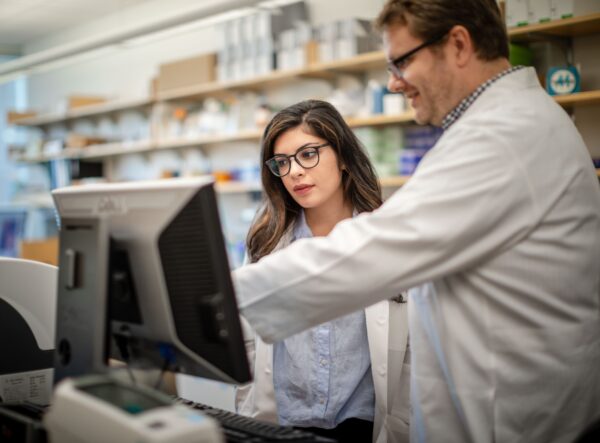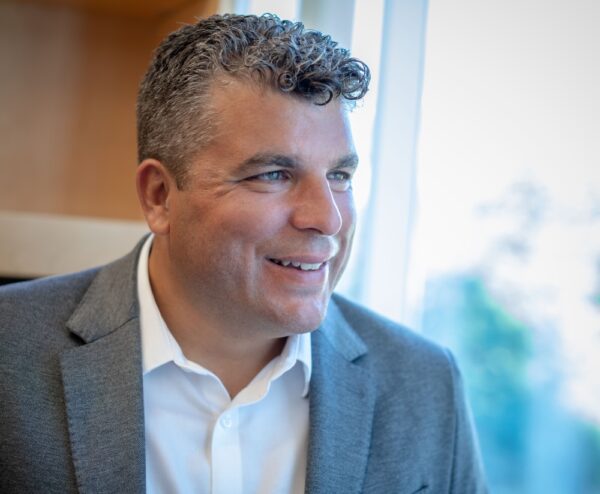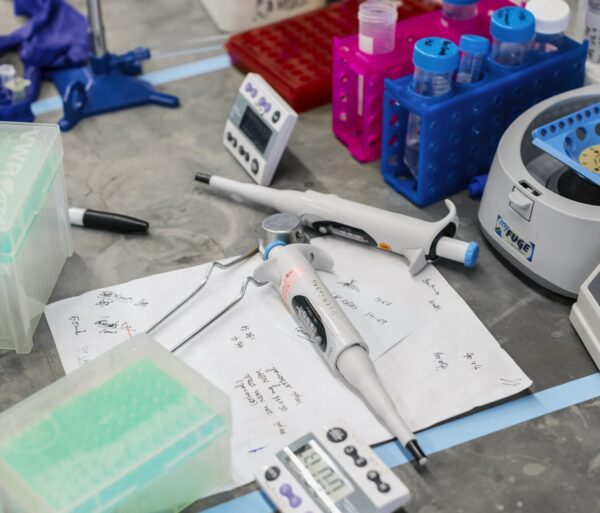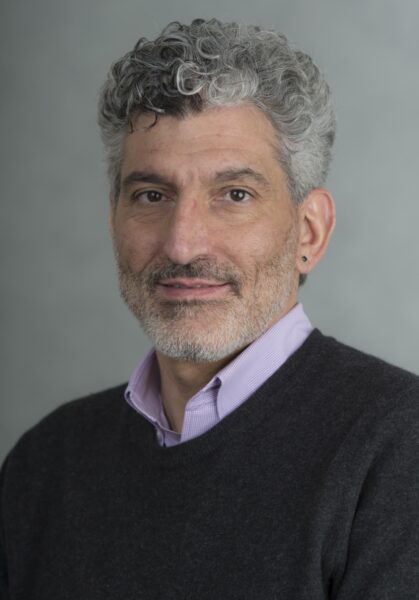
A series of cases in which children with developmental brain disorders had no apparent changes in their genes led Harvard University’s Michael Talkowski, Ph.D. and his team in a new direction. They discovered that the children had changes in the 3-dimensional structure of their DNA that altered gene activity without changing the gene’s themselves.
“It led us to think that perhaps this happens more widely and pervasively throughout the genome,” said Dr. Talkowski, associate professor of neurology, Psychiatry and Pathology at Harvard University and member of Harvard’s Center for Human Genetic research. Dr. Talkowski and his team were awarded a 2019 BRF Scientific Innovations Award grant to help them begin to determine how often such structural changes in DNA contribute to neurodevelopmental disorders.
For more than a decade, Talkowski and his colleagues have documented the ways that changes in genes can contribute to diseases like autism spectrum disorders. Over time, they’ve come to appreciate that the way DNA is folded up within the nucleus of cells is more than just a convenient storage method—it’s a way to control which genes are expressed. So, as they continue to hunt for disease-linked genes they are also working to understand how the 3D structure of folded DNA may also contribute to brain disease.
“It’s the next frontier,” he said. He explained that genes make up just 2% of the human genome so understanding what the other 98% does is essential.
The BRF grant enabled a Ph.D. student in Dr. Talkowski’s lab to undertake an ambitious project. She planned to systematically use state-of-the-art CRISPRCas9 technology to make cuts in noncoding DNA that change the 3D structure of the DNA and then use RNA sequencing to document how each change alters gene expression in brain cells grown in the laboratory from human stem cells. “This grant has been a catalyst for us to take the research that we were doing in an entirely new direction,” he said.
“We’re going to delve into the biology of the genome by using CRISPR-Cas9 to break the genome apart,” Dr. Talkowski explained. “The study will be the first to directly model structural rearrangements of the genome in human brain tissue to determine whether disrupting noncoding segments of DNA responsible for proper 3D folding can be as damaging as direct gene mutations.”
The team’s preliminary data suggested that such structural changes in DNA may cause neurodevelopmental disorders by altering the activity of important genes. This may eventually help scientists identify risk factors that may contribute to such harmful changes in early development and possibly find ways to prevent them.
The team’s preliminary data suggested that structural changes in DNA may cause neurodevelopmental disorders by altering the activity of important genes.
The research is a great example of how BRF’s funding strategy may lead to major changes in the direction of brain research. Dr. Talkowski’s non-disease specific approach to understanding genome biology is likely to yield discoveries that will aid patients with many different psychiatric and neurodevelopmental disorders.
“Being agnostic to hypotheses that define what should happen, and just asking the question of what does happen, that’s been beneficial,” Dr. Talkowski said.




